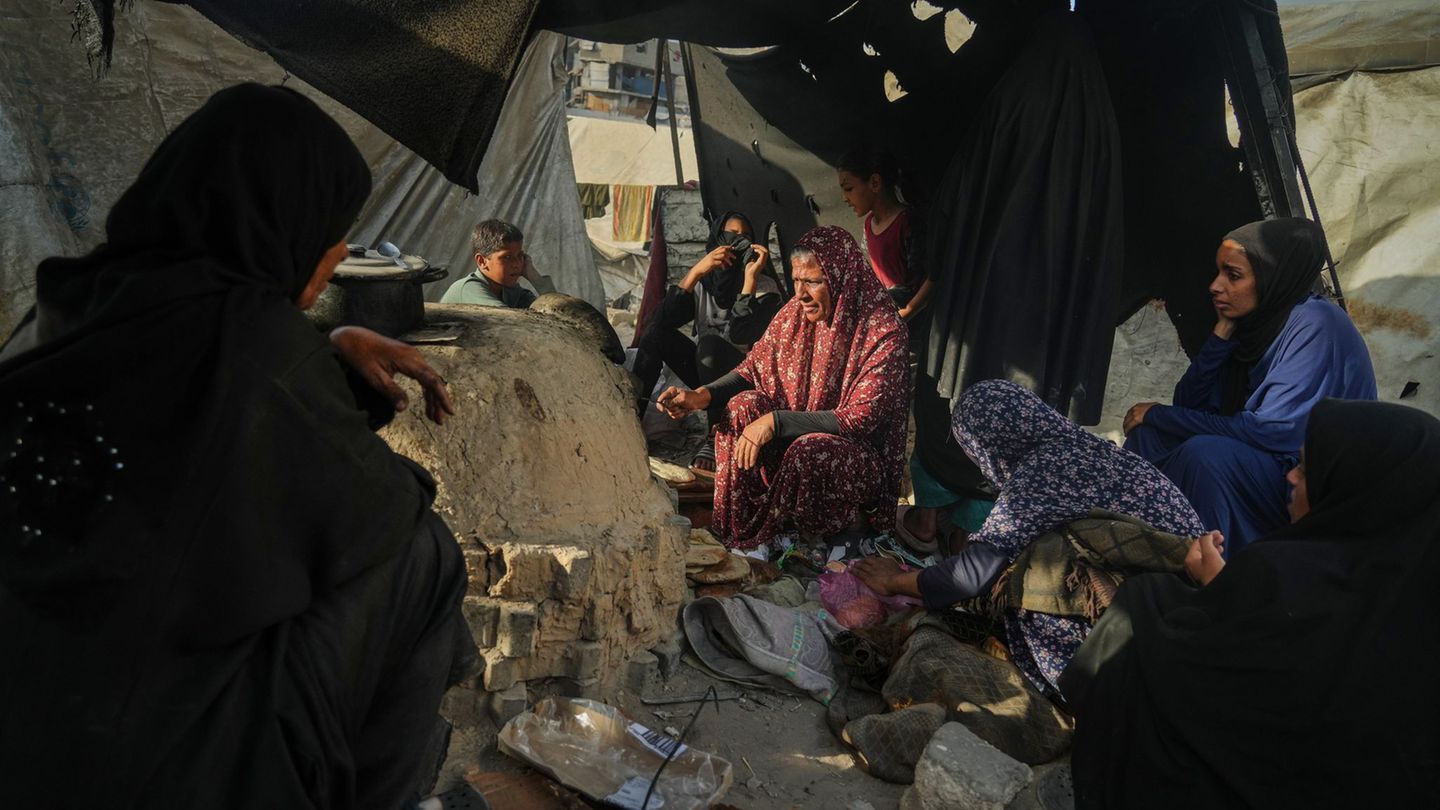Current data strengthened the expectation that the purchase of additional bonds from states and companies as part of the APP purchase program should end in the third quarter of 2022, the central bank said. The monetary authorities have committed themselves to raising interest rates only after the end of the net purchases.
Next decision in June
In June, Bundesbank President Joachim Nagel said in a recent interview with the ARD magazine Plusminus that he and his colleagues on the ECB Council would decide on future monetary policy “on the basis of fresh data”. “What we are seeing now indicates that savers may soon be able to look forward to higher interest rates again.”
The Ukraine war is burdening the economy in the euro area and is further heating up energy prices, which were already the main drivers of inflation. The ECB, whose primary goal is stable prices with an inflation rate of two percent, recently assumed weaker economic growth and significantly higher inflation in the current year than predicted in December.
7.5 percent inflation rate
In the euro area, the inflation rate reached 7.5 percent in March, the highest level since the euro was introduced as a settlement currency in 1999. “The inflation data speak a clear language. Monetary policy must not miss the opportunity to take countermeasures in good time,” warned Bundesbank President Nagel.
For the central bank, however, it is a balancing act: if it increases interest rates too quickly or too much, there is a risk that the economy will stall. If the monetary authorities react too late, interest rates might have to rise faster or higher. An abrupt rise in interest rates could also have a negative impact on economic development.
ECB Director Fabio Panetta recently warned that excessive intervention by the central bank to combat rising inflation would choke off economic growth in the euro area. Such monetary tightening would also not have a direct impact on rising energy and food prices, driven by global factors and now the Ukraine war.
Zero percent interest for six years
The key interest rate in the currency area of the 19 countries has been at a record low of 0.0 percent for around six years now. Banks that park funds at the ECB have had to pay interest on them since June 2014. This deposit rate is currently minus 0.5 percent. Allowances for certain sums are intended to relieve the institutes of the costs involved. As part of the APP program, which has been in use since 2015, the ECB has already invested more than three trillion euros in government bonds and corporate securities, which is supporting the economy.
The particularly flexible PEPP bond purchase program launched during the corona pandemic expired at the end of March. Since then, the central bank has not purchased any new securities under this program. However, funds from expiring PEPP papers will continue to be reinvested for the time being.
First reactions from economists
Jorg Kramer. Commerzbank chief economist
“Unfortunately, despite an inflation rate of 7.5 percent, the ECB has not decided to end its net bond purchases and negative interest rates earlier today. This waiting is risky. The longer the ECB sticks to its very loose monetary policy, the more people’s inflation expectations rise and if the very high inflation becomes permanent. The ECB should raise its key interest rate quickly in the direction of at least a neutral level, which should be around two and a half percent.”
Alexander KruegerChief Economist at Hauck/Aufhäuser/Lamp
“The ECB is still not naming an ultimate end date for its net purchases. However, it is strongly flirting with ending its net purchases in the third quarter of 2022. The interest rate policy timetable also remains undetermined after the net purchases have ended. It’s probably three to four months. Otherwise the ECB would probably have spoken of ‘short’. It is therefore still unclear what the concrete path for raising the key interest rate will be serious fight against inflation. Due to recessionary tendencies and consideration for high national debts, only key interest cosmetics are imminent. This should at least be enough to mothball the negative interest rate policy.”
Friedrich Heineman; ZEW (Leibniz Center for European Economic Research)
“The ECB claims that it is in a dilemma because it is simultaneously confronted with high inflation and the risk of a war-related recession. One can only recommend the members of the Governing Council in this situation to look into the European treaties. Here you can find a clear answer as to how the ECB should decide in such a situation: Price stability is the primary goal, other goals are subordinate to it. The alleged dilemma does not exist if the ECB takes its mandate seriously. Every month of hesitation harms the reputation of the ECB important European institution.
Source: Nachrichten




